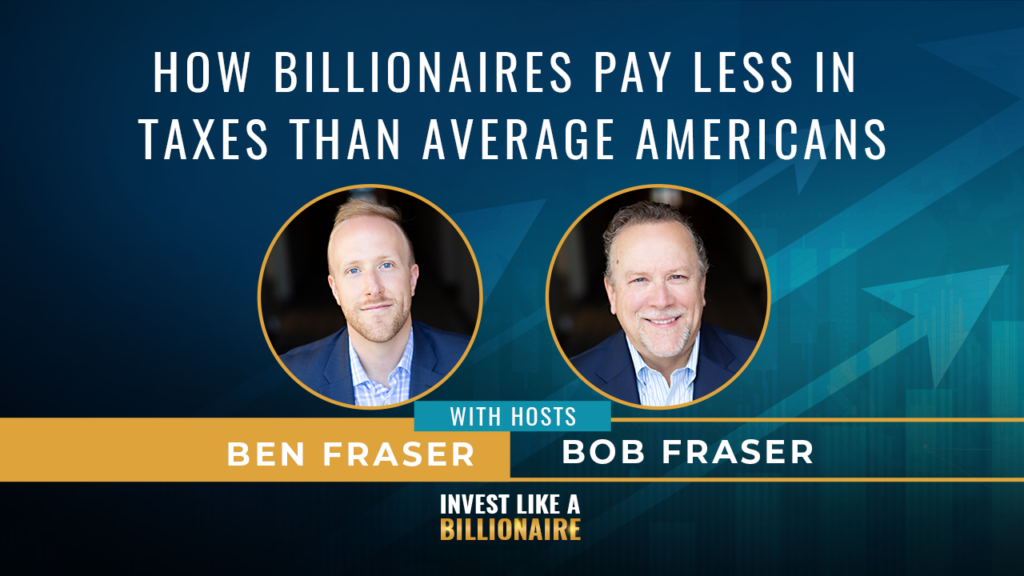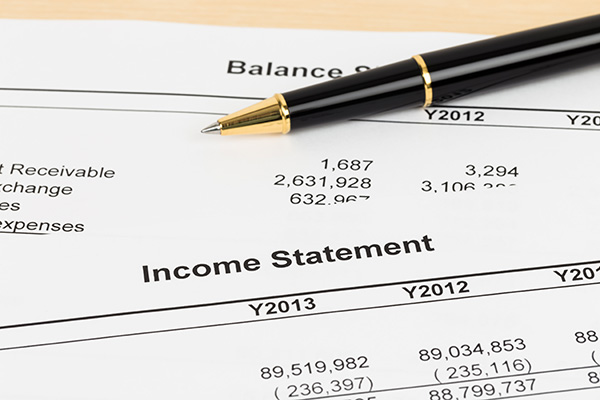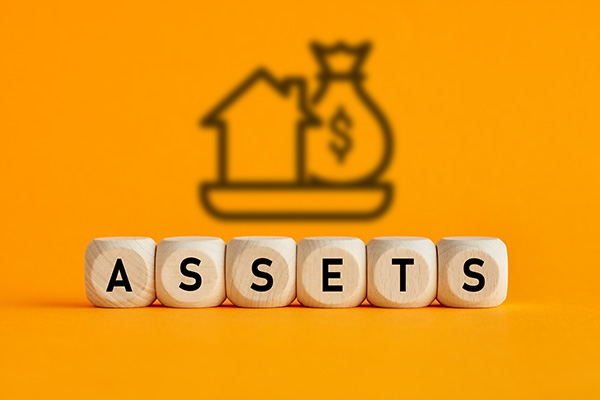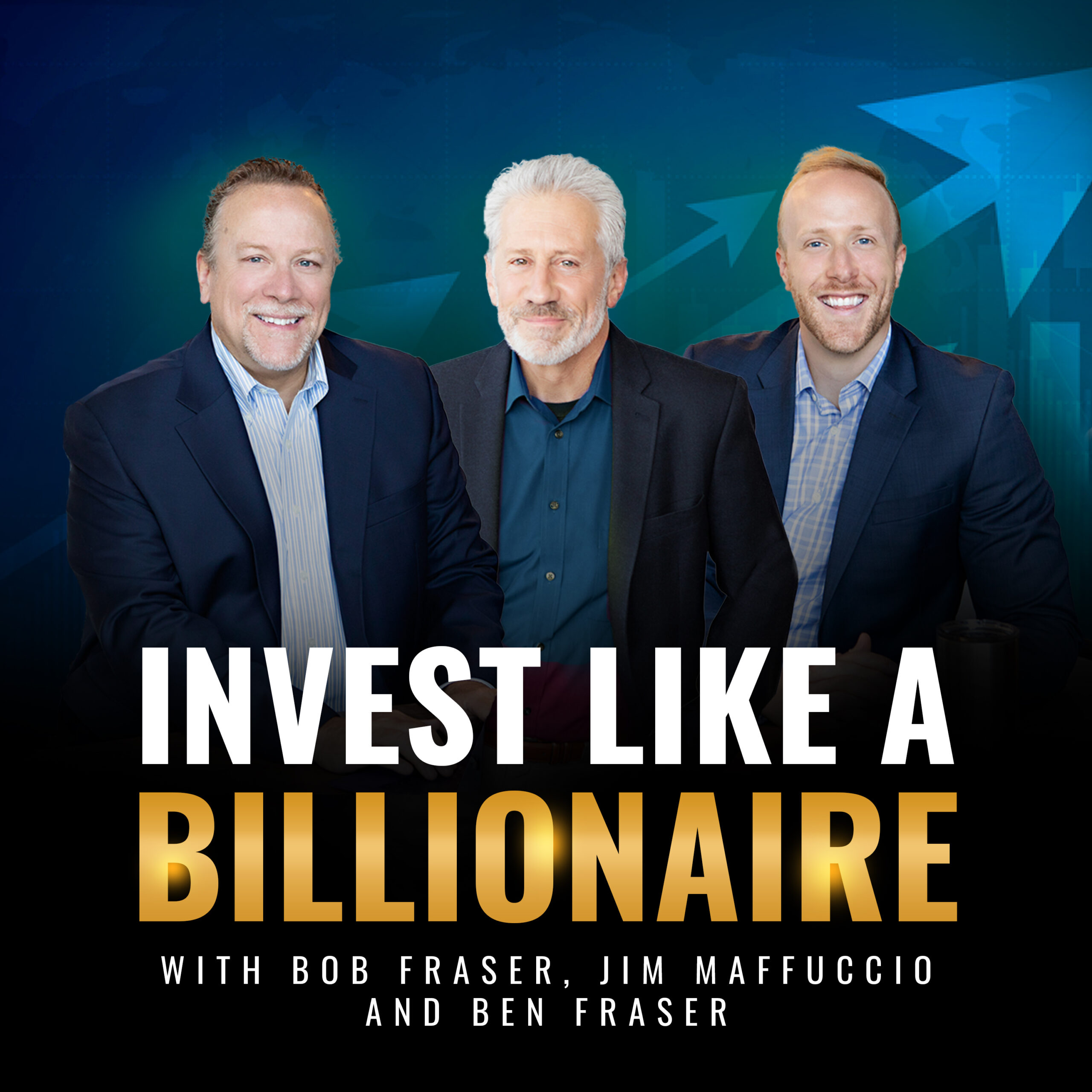
Recent data on the tax returns of America’s wealthiest reveals just how little they actually pay in taxes. Whatever your opinion on current tax laws, find out the strategies billionaires use to legally and routinely lower their tax liability to keep more of their wealth.
—
Watch the podcast here:
Listen to the podcast here:
How Billionaires Pay Less In Taxes Than Average Americans
We are going to do a short and little episode to talk about how you can use billionaire tax strategies. We saw an article that was published and it was talking about how billionaires don’t pay as much taxes relative to how much they earn relative to the ordinary earning Americans. The whole point of this show is looking at what the ultra-wealthy are doing whether that’s how are they investing and deferring taxes and using those strategies for our own situations in maximizing our growth and minimizing taxes that we need to pay. We’re not going to get to the political aspects of should we or should we not tax billionaires more. That’s an argument for another time but we want to look at what are they doing. These are all legal loopholes.
Even many of the billionaires who were questioned on why are they paying so little taxes are saying, “We’ve been saying for years that it’s okay to tax us more,” but this is the way the laws are set up and there’s a reason it’s set up like that too. It’s not unreasonable. Many articles were presenting it like, “This is so horrible and it’s unreasonable,” but there’s a reason why the capital gains are only taxed when realized. If every business had to pay capital gains on their growth, literally you put every business out of business so it would have to be some different way of calculating tax liabilities. Anyhow, these are strategies that everyday folks can use so let’s dive in.
I think most of us would agree we’d rather pay fewer taxes than more taxes. We’ll start from there. To me, what stood out in this article and you’re reading about Bezos, Musk, Steve Jobs and all these billionaires that have grown these big businesses and pay very little taxes relative to the income they’re making.
According to the article, 3.4% tax rate, which most middle-class people pay far more than that, especially if you’re in six figures and considered a wealthy earner. You’re going to be paying significantly more than that.
Maximize your earned income to buy assets that pay you passive income to eventually replace your earned income. Share on XThe primary differentiator here was what I would call the difference between an income statement mindset versus a balance sheet mindset. For those that aren’t accountants, the income statement is focused on how much am I making now in earned income, what are my expenses? What’s my net?
Dividends, W-2 income, you’re looking at that number thinking, “How am I maximizing my income?” which is normal. That’s the way most people are thinking.
They’re thinking about what’s my monthly budget? How much am I making at my job? How do I maximize the delta between those two? Billionaires and the ultra-wealthy have a different mindset and we’ll call it a balance sheet mindset. The balance sheet shows your assets minus your liabilities and your equity. They’re focused on buying and building assets and businesses that they can maximize the value of and they can grow.
The really interesting thing here is a lot of these stats and these headlines that you see about billionaires not paying much taxes is a little bit misleading because you alluded to it. A lot of the income or the growth that these ultra-wealthy are experiencing is not true income. It’s the growth of the value of their assets.
The most common example is Musk with Tesla. The Tesla stock has gone from very low value to very high value. He owns a lot of stock so the value of his stock holdings has gone up dramatically but you don’t pay taxes on that until you sell it. He’s focused on building his net worth or his balance sheet versus his income. He’s not generating a lot of taxable income even though his balance sheet is steadily growing and he’s becoming extremely wealthy.
A lot of our audience is probably familiar with Robert Kiyosaki and his perennial bestseller, Rich Dad Poor Dad. The strategy that he espouses is to maximize your earned income to buy assets that pay you passive income to eventually replace your earned income. This virtuous cycle to where you are using the income you’re making to go and buy assets that you can get a lot of tax shelters from. Real estate is probably the best example of any kind of asset that you can buy and utilize the tax advantages of that and then get paid income and use that to buy more assets in this great cycle that is focused on the balance sheets.
You’re focused on buying the assets that you can maximize the value of to minimize your tax liability and maximize your earnings. I think it’s a shift that needs to happen for a lot of investors. A lot of our readers are already in that mode but it’s how do we use these strategies as non-billionaires? Some of us may be thinking, “I’m not Elon Musk. I’m not going to go start the next Tesla. I’m not Steve Jobs.”

Anybody can do this. You’re buying assets, building assets and growing these assets but then the other component is you’re borrowing from these assets. It’s amazing. Why would a Jeff Bezos or Elon Musk borrow hundreds of millions or billions of dollars? They don’t need to borrow any money. Banks love to lend to people that don’t need it. That’s the issue. You have the stock that’s massively appreciating the value and rather than selling the stock to earn your income or invest in something else, you borrow against that stock.
When you borrow, it creates a tax deduction because your interest is generally tax-deductible so you get a tax deduction and because you’re not selling your asset, your stock or whatever it is you have, you’re not generating income. The strategies they’re using is to get appreciating assets and borrow against those assets.
Banks love to lend to people who don't need it. Share on XWhen you have a side investment that you do take a loss on. You made a bad bet at the stock market then sell those. You take realized losses. Any of your gainers, you let them run, you don’t sell them. Your losers, you sell them and you take losses, which counts against earned income. That’s the big strategy. How can a non-billionaire take advantage of this mindset and the strategy?
To make one further point of what you said is when you leverage an asset or you borrow against an asset whether that be real estate, your stock portfolio or even your business, borrowed money is not taxable. You also get a deduction from interest. You can use the banks to help you maximize.
Also, to cash up without generating a tax event.
What assets are we talking about? In my mind, there are three main categories. One is starting businesses and having businesses that can grow and appreciate over time and leverage.
That’s where most of the billionaires are. They built a unicorn. Most people may not do that.

What you can do is maximize the income that you’re generating through W-2 then go buy assets. Whether it’s a stock and bond portfolio in publicly-traded markets or in real estate, growing those assets, maximizing the value over time and using these similar tools and tactics to minimize your taxes against that.
A few things just to promote real estate, which we are biased and love because that’s what we do at Aspen Funds. There is an amazing amount of tax shelter havens if you want to call them, through real estate investing. It’s perfectly legal. Those that are investing in real estate know about these but it’s depreciation.
I wouldn’t call them tax shelters but they’re tax advantageous.
Also, tax deferral. 1031 exchanges are an amazing tool to continue to do for taxes and you can maximize the assets you can buy. The other one is long-term capital gains, which are not just for real estate but also for any asset including stocks and bonds if they’re taxed at a lower rate. The final point this article made is they talked about this concept of buy, borrow, die. What does that mean? We’ve talked about it already but you’re buying assets, you borrow against those assets and you’re not paying taxes when you’re borrowing and then you die.
In 1031, there are phrases like “Swap until you drop,” where you’re buying a real estate asset, increasing the value of that, you sell it for a gain. You can roll your original capital plus the gain into the next deal that you’re doing completely tax-deferred. You don’t have to pay taxes when you do that if you utilize the 1031 exchange and effectively, you can keep growing, building and keep compounding the growth that you’re generating and keep borrowing against it. I’m doing it on my personal residence.
How many times have you refinanced your house?
I shouldn’t admit to it but a lot. It’s a great market.
Every time you refinance, you get a higher appraisal and pull money out. You’re using that money and you’re investing the funds. It’s the billionaire strategy. You’re not selling that house and generating cap gains. You’re basically holding that thing, taking cash out, cheap money and investing it in other assets.
I put together a little illustration. These are all made-up numbers. The point here is to show the difference between if you’re having to pay taxes every year versus if you can defer taxes. I think we all know what the obvious answer is going to be.
It is better to not pay taxes.
Buy assets, borrow against those assets, then you die. Share on XI think this might be surprising to see how dramatic the difference is. $100,000, you invested for 30 years so you could achieve a 15% annualized return. That’s very achievable in real estate if you know where to invest and at a 40% tax rate. It could be lower or it could be higher but if you’re having to pay taxes on your gains every single year, it significantly impedes your growth. Over 30 years at $100,000, if you’re paying taxes every year, it will grow to about $1.1 million, which is still great. It’s $1 million on a $100,000 original investment but if you can generate the same 15% earnings and you defer taxes until the end of the 30 years, your balance is $5.1 million.
Even if you pay taxes, in the end, it’s still cheaper. You take 15% or 20% capital gains taxes, it’s still a better result. The reason is compounding because you’re compounding those gains and then paying taxes. That’s better than paying taxes before compounding. You’re using the gains to compound. It’s a much better way to build wealth.
The other thing we’ve talked about in other episodes is the “swap until you drop.” In real estate, it’s pretty incredible that many times you have your original cost basis of buying a piece of real estate and you do 1031 exchanges, swap into the next asset and keep growing over time. When you die, you generally can pass on the asset to your heirs or beneficiaries with a stepped-up cost basis so then taxes get at that point eliminated, which is tax liability.
From that point going forward, you have to pay them under the future gains. It’s a different mindset. This is how the ultra-wealthy are thinking. In the balance sheet mindset, how do I leverage the assets that I have? How do I buy more assets? How do I find appreciating assets? How do I minimize my taxes so that I can compound down the road and maximize investment growth? It’s pretty simple concepts but they’re things that most Americans are not doing.
If people do this, they’re going to multiply wealth way more effectively than if they don’t. I love that way of describing it as having a balance sheet growth mindset versus an income statement growth mindset. Focus on building your net worth, not just your income and use debt. Many people have read this get out of debt type realities and debt is an incredible wealth creation tool. People who are afraid of debt are never going to do this strategy.
For all of the positive things that Dave Ramsey has done for some investors to help them get out of debt and get on a good budget, he’s done I think at least equal if not greater damage to a lot of investors’ mindsets because they have this unhealthy fear of debt.
Have you ever met an ultra-high net worth who was a Dave Ramsey follower?
No. I have friends that are making hundreds of thousands or millions of dollars a year in earned income and they don’t know what to do. They’re like, “I think I’ll pay off my house.”
It’s cheaper than the inflation rate. It’s basically free money.

It’s crazy that that would even be the primary thing because they don’t know what to do and they think that’s the ultimate goal. When you look at most millionaires, they are maximizing debt. They’re not using unhealthy or unsecured credit card debt. They’re doing it wisely but they’re using leverage in really helpful ways to maximize their growth.
All true wealth has been created by OPM, Other People’s Money, and debt is a key component of that. People who are afraid of debt, they say, “Debt can burn your house down,” and it can. I say, “Debt is like fire. It can burn your house down. It can also cook a great steak and I’ve managed to cook steak all my life without burning my house down.” If there’s any fear of debt, jettison that thing because truly, the high-net-worth people or ultra-wealthy are not afraid at all of the debt but they know how to manage it. It’s an incredible tool of wealth creation.
Hopefully, you got some little nuggets out of this. Stay tuned for future episodes. We’ll do little and short snippets here and there on fun topics that are related to the show. Thanks for joining and hope to see you on different episodes in the future.
See you next time.







